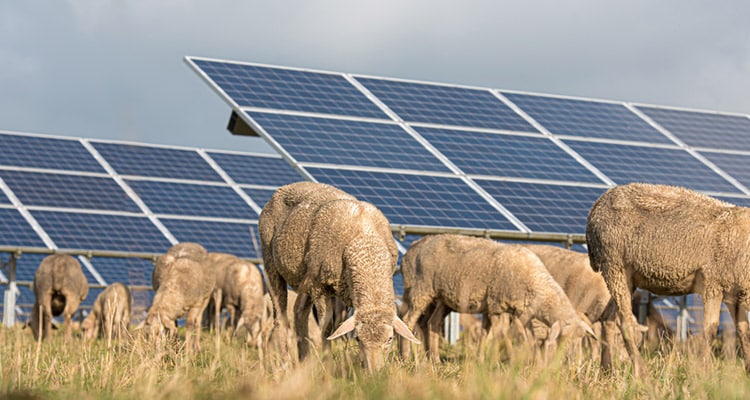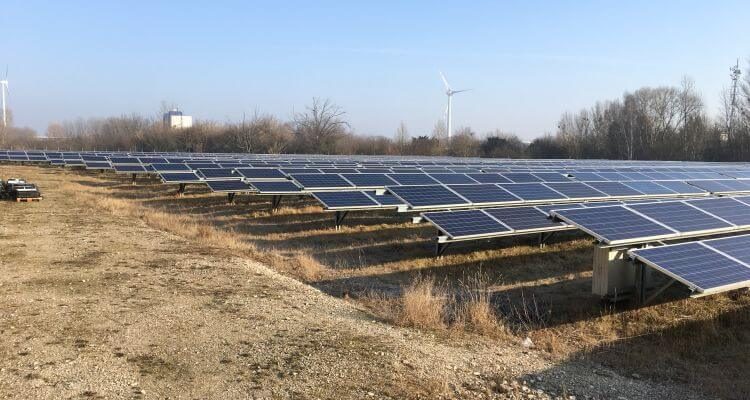Investing in photovoltaics: Share deal vs asset deal
Photovoltaic projects can be negotiated in two ways: by buying and selling shares in a project company that holds the PV system (share deal), or in a transaction involving the sole solar installation (asset deal). In this article, we provide a brief explanation of the most important differences between the two types of transaction.
The decision whether to buy or sell your PV project in a share deal or an asset deal is dependent on various factors and should be made in consultation with an expert, such as your tax advisor.
Sellers specify the type of deal they want to conclude in their offer. That said, the type of transaction often remains negotiable. Which should you opt for?
Buying or selling in a share deal is the simpler and therefore more popular method. By contrast, while an asset deal at first appears to be more complex in terms of processing, it holds advantages for investors with respect to risk assessment. What factors cause the differences?
Asset deal: Selling an asset
In an asset deal, the purchaser directly acquires the assets of the PV project.
Asset deals are considered complex because every contract needs to be individually redrafted and reviewed and signed anew. This includes the leasing contract, the financing agreement, and any contracts with third-party providers for the operation and maintenance of the PV system. The first ranked easement in the land registry also has to be notarised anew, and the feed-in agreement with the grid operator has to be rewritten.
In an asset deal, however, investors can enjoy the benefit that many of the possible liabilities remain on the sell side. For example, fewer project documents need to be reviewed.
Share deal: Selling a project company
In a share deal, the transaction is concluded by buying or selling shares in the company that owns the PV project.
In purchasing the project company (also referred to as a “special purpose vehicle”, often with the acronym SPV), buyers become the owners of the solar installation. This also automatically includes all approvals for the operation of the PV system and all contracts covering its operation and life cycle. Project companies tend to be established in the legal form of a GmbH & Co. KG or a GmbH, for the sole purpose of constructing and subsequently operating the PV system.
What’s simple about a share deal is that only one purchase agreement has to be drawn up, negotiated and signed. It saves you from having to renegotiate relevant contracts with third-party providers, e.g. contracts for financing the project, lease agreements or contracts for maintenance repair. All of these contracts and the easement entered in the land register are retained under the purchased project company.
One advantage of a share deal for sellers is that liabilities and liability risks remain in the project company. Investors should carefully review whether such risks or the risk of an audit exists.
Note: The time factor of due diligence
The purchase of an operational photovoltaic system – be it in a share deal or an asset deal – usually includes due diligence that puts the investment through its paces. This proves to be more time-consuming and cost-intensive in a share deal than in an asset deal. As a share deal involves purchasing the entire company history, this should be thoroughly scrutinised.
For further information relating to the tax-relevant advantages and disadvantages of the two types of transaction, please contact a tax adviser you trust. We would be glad to put you in touch with the right contacts if needed.
General information about a direct investment in operating solar installations is contained in brief here or in detail in our free investment guide at www.investieren.solar.










